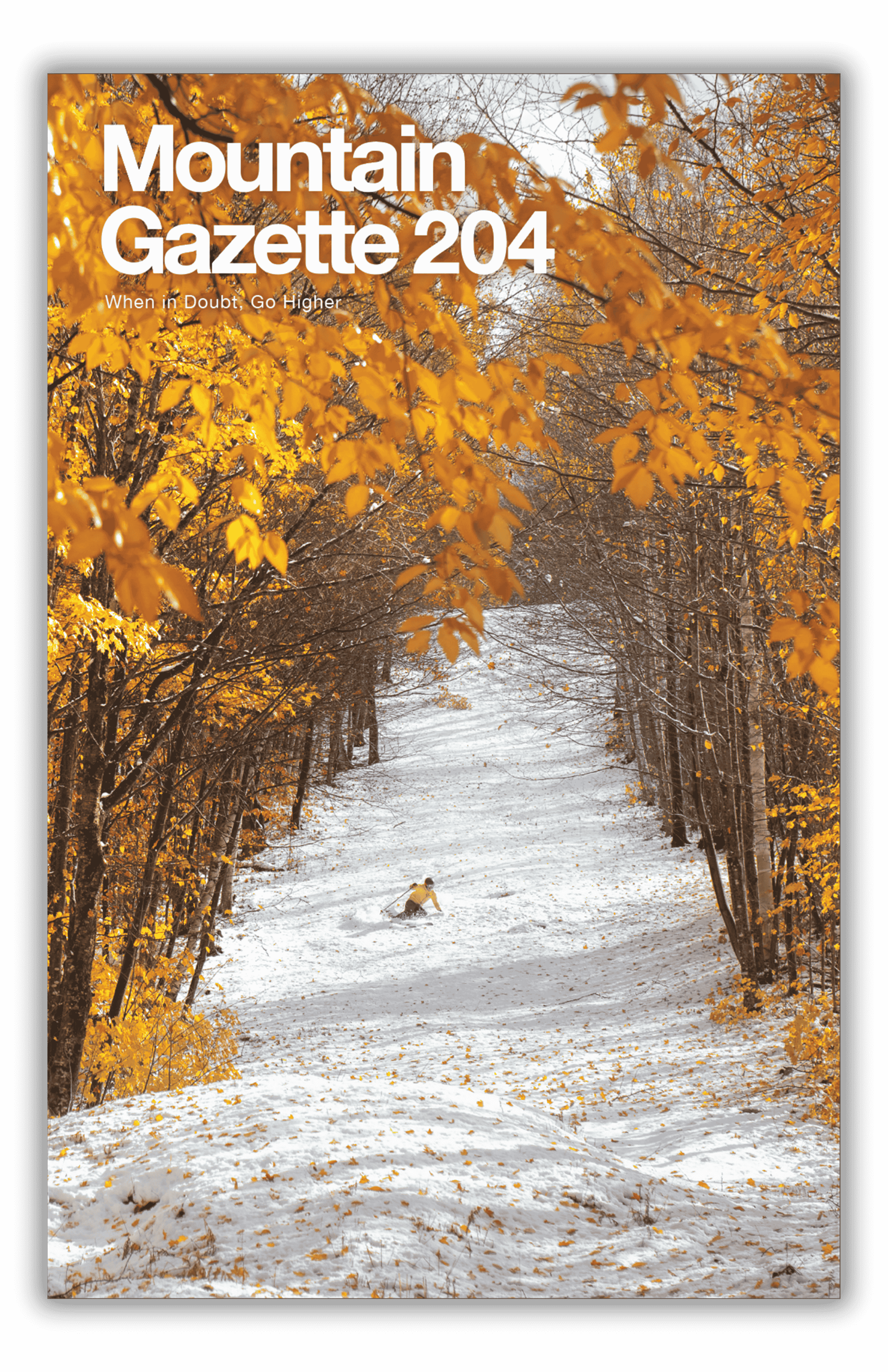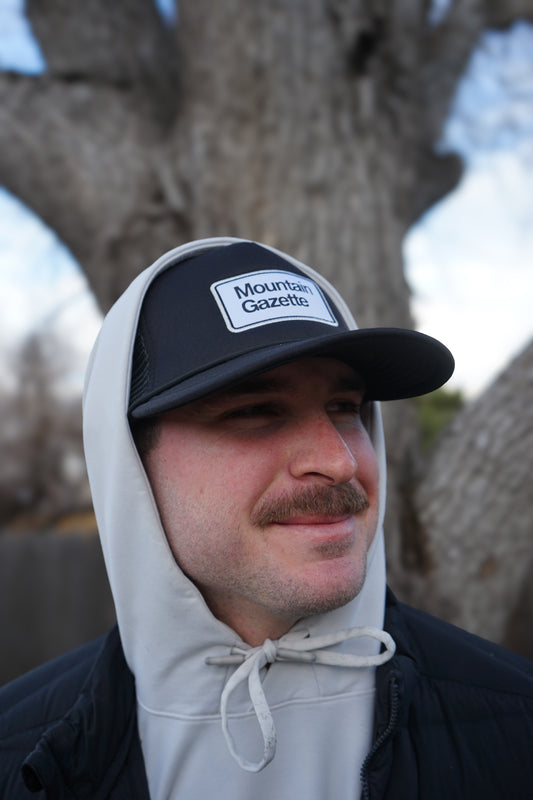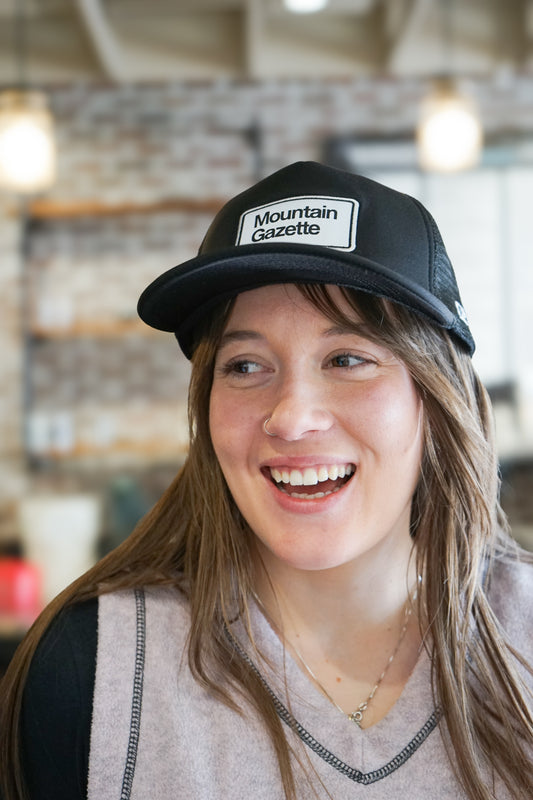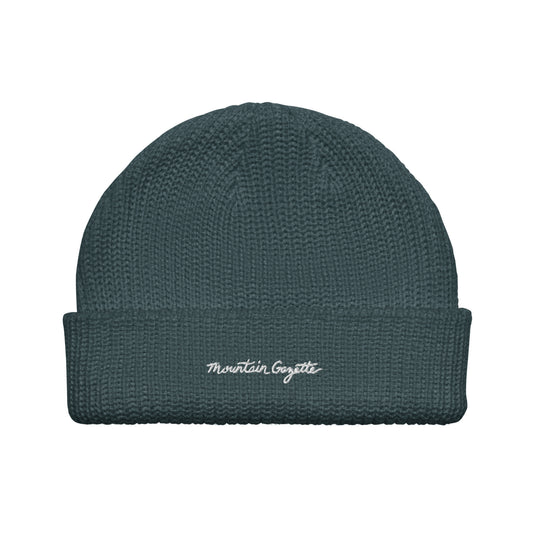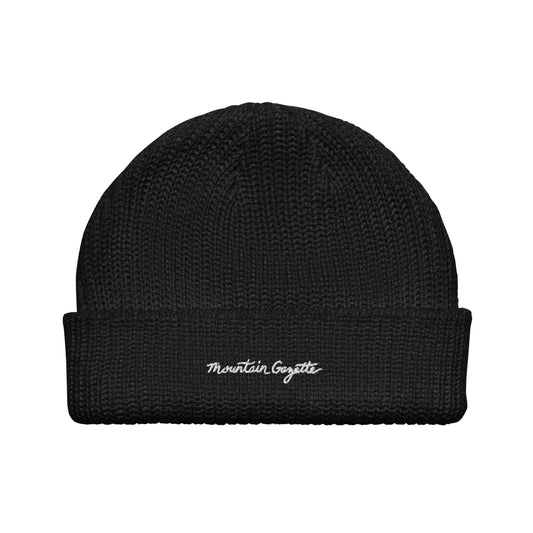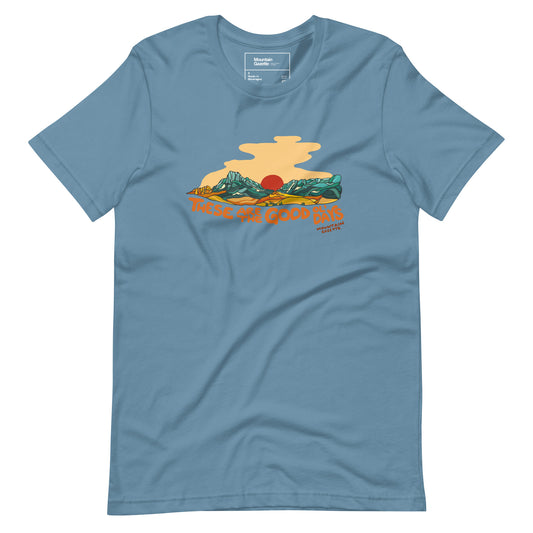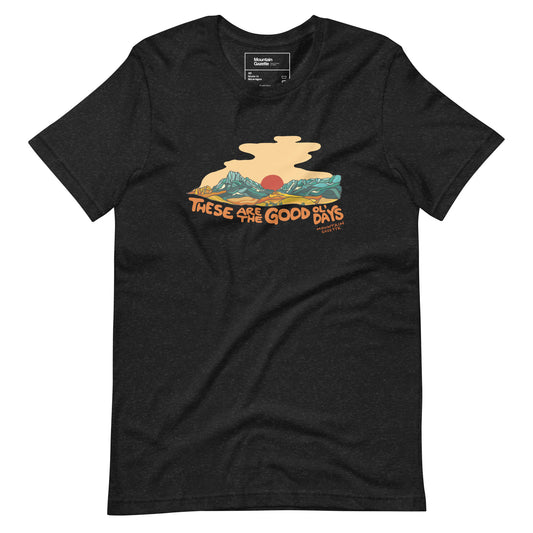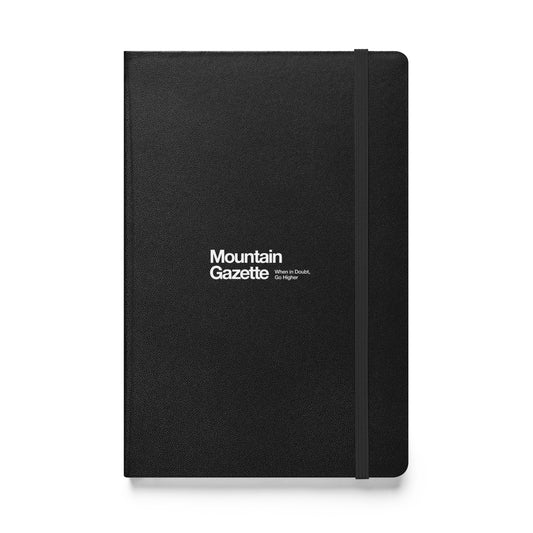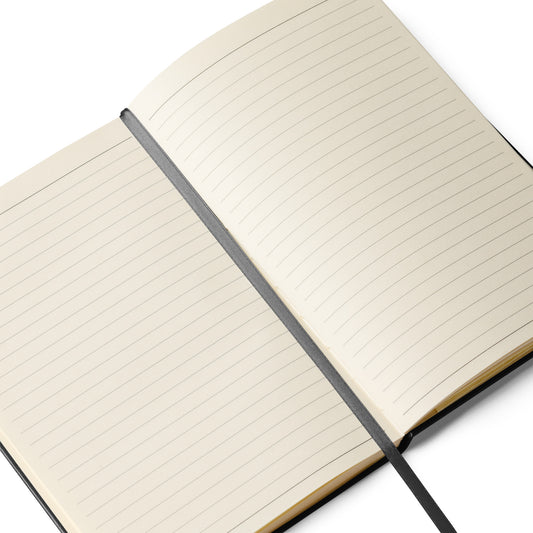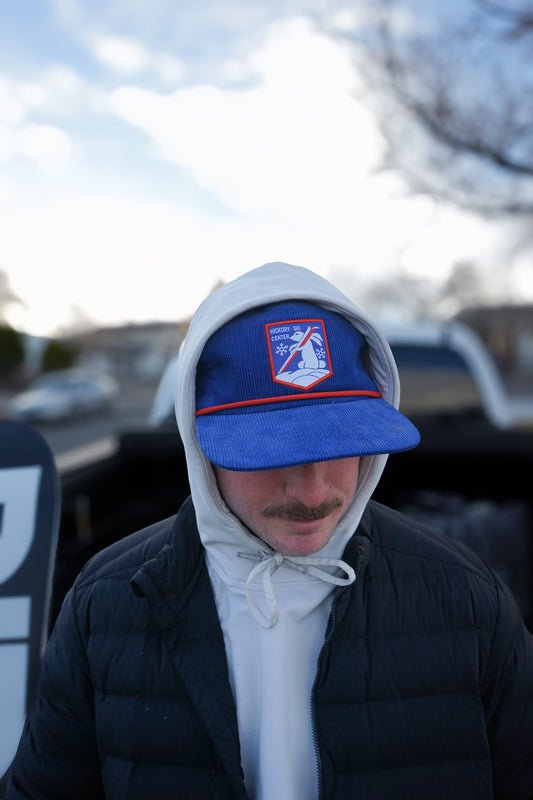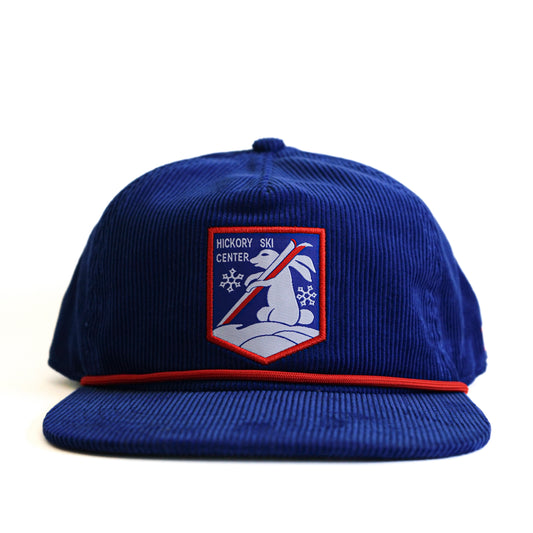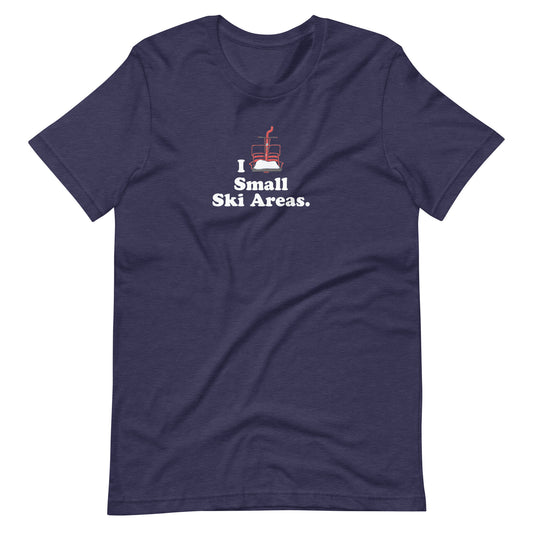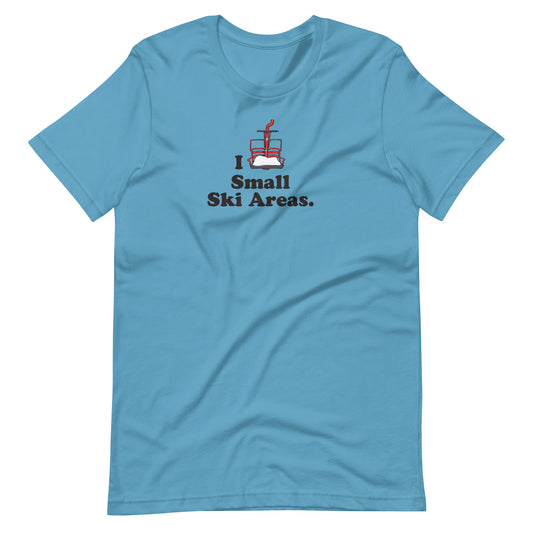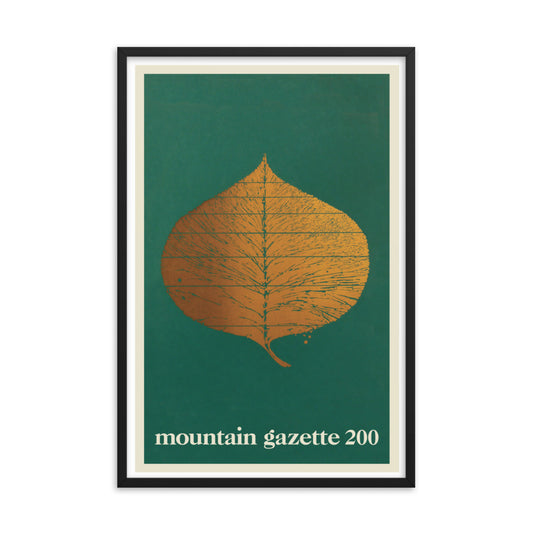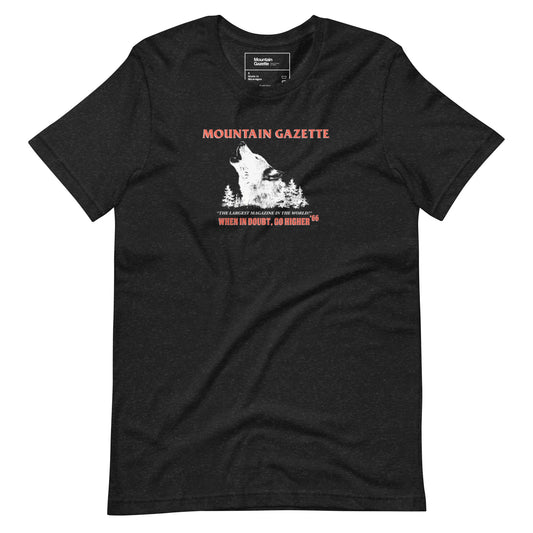Photo-Illustration by The Cut; Photos: Courtesy of Emily Leibert
By Hannah Truby
Standard practice in traditional journalism holds that a journalist ought to be objective, achieved through a distanced and dispassionate voice. But meeting herself in her writing is what Emily Leibert loves most about the craft.
“Somebody—I can’t remember who—once said, ‘Wherever you go, there you are.’ I always find myself in my writing, even if it’s an accident,” Leibert says. “Which, to me, is kind of the point. Writing is the most personal act that I take on--it feels like you’re on the edge of saying or discovering something important about yourself and about the world.”
Leibert is a news, sports, and culture writer–but to label her as only that would greatly oversimplify her diverse and deep body of work.
As a blogger for New York Magazine’s frothier corner The Cut, the brooklyn-based writer specializes in coverage at the intersection of topics like gender and sports, the arts, culture, and our relationship to our bodies. With titles like "Backstage at the Balletcore Recital", "Was casual sex always this bad?", and "3 Days on the Track With the Women of F1 Academy", ‘the Cut girlie’ does not adhere to one particular beat, preferring to follow the tickle of a piqued curiosity.
Much like in “What the Girls Know”, her story for Mountain Gazette 202 about the Girl Scouts legacy, Leibert’s perspective and “devastatingly feminine voice” offer opportunities for examination and reflection—for both herself and her readers.
Hannah: Now based in Brooklyn, you’re originally from Southern California. How are you finding the East Coast?
Emily: I never quite felt at home in L.A., and often felt out of place there, like I was running at the wrong pace. I found a rhythm here in New York that clicked so naturally. But, of course, I’m not adjusted to the weather, and I think I will forever be a baby about that [laughs]. But the changing of the seasons here has been really vital to me getting through every year, both creatively and just as a person. It feels like it sort of propels you along your path. I think having such a physical marker of the season is just a really helpful way to contextualize and sort of put containers around your life and your work. It allows yourself to move forward and stop obsessing about a piece.
Speaking of pieces: You cover a wide range of topics for The Cut – what’s your beat?
Being a news writer for The Cut means you’re covering more culture bits, and looking at the insanity of the tabloids and rumors–things where we can kind of tap out from some of the more critical matters that are impacting our generation and just allow our brains to enjoy frothy stuff once in a while. But on top of that, I describe my body of work of reporting and essay writing as ‘the body beat.’.
Does that mean topics related to the body, like beauty and fashion?
Sort of, but I don't mean literally the limbs of the body. It allows me to rope in a bunch of disparate things. Like I love writing about the arts and ballet, but also beauty standards and body modifications, and toxic wellness standards and the ways that we–especially femme-identifying women–poke and prod at ourselves as a means of chasing perfection.
Saying I write about matters of the body makes it easier for readers to understand who I am, what I’m about, and it gives me a lot more of a runway to explore the things I want to explore while helping readers understand thematically what I'm getting at.
How do you decide what it is you want to explore in your reporting?
When I was getting my Master's in journalism, the first thing that I gravitated towards was women in sports. I had a background in professional dance and professional cheerleading, so it was something I had a lot of internal knowledge about and could easily source up on. But the more I wrote, the more I found it limiting my potential of the topics I could broach. I want to follow my curiosity…I want to call it a tickle, or like an inkling; I want to follow what sets my senses on fire, no matter what that may be called.

What’s your favorite kind of story to write?
It might be vague, but I think my favorites are the ones that surprise me. I think the Girl Scouts piece was a lot like this, where you come in thinking you have a well-thought out or pre-formed angle on the thing that you're supposed to write about. And over the course of the reporting, you end up in a place that you never would have seen coming. I think there's something so innately human and beautiful about being wrong.
I’m learning that, too. I think of myself as an open-minded person, but having your perspective completely thrown in your reporting is super humbling. But I’m learning to love it.
I also think that those are the types of stories that most need to be told, because in our polarized, online environment, where often all of the commentary and takes and opinions get lumped into one bucket or another, it's rare that we get to be surprised and we get to change our minds.
I had the pleasure of fact-checking your story Mountain Gazette 202, “What the Girls Know”, where you examine the Girl Scouts’ legacy in modern day. What inspired you to tell this story?
Mike called me up and said, “I think I want you to write about Girl Scouts”, so he gets full credit for the idea. But I really appreciated that he gave me full free reign, like, take this as far as you want to take it and in whatever direction you want to go. In doing my research for it, I saw a lot of hot takes about the cookies, the capitalism of it all, the parents essentially doing unpaid labor to distribute these boxes, but I was shocked that a magazine hadn't done a large, all-encompassing ‘What is the point of this organization right now?’ story.
I’d imagine that taking on a story about such a historical, sprawling organization would feel overwhelming. How did you decide how to approach it?
Gosh, really overwhelming! There were so many different directions we could have taken the story. But I think zooming in on this one small piece of the organization and treating that as a microcosm of the organization at large ended up being really helpful. I didn't feel like it was right to make this a big, stinky piece that's trying to say something about the politics of a company. I wanted to go and meet the girls themselves and hear from them--what the organization means to them, why they want to be Scouts, and how they think being a Girl Scout will continue to shape their lives.
You said that the story’s “writing tends toward frenzy, and that’s largely because facing The Girls also meant facing myself”--can you expand on this? What about yourself did you face in writing this?

I had a really hard time turning this piece around, I won’t lie to you. Not the reporting necessarily, but the actual crafting of it was really difficult; trying to contextualize why it matters that these girls are essentially being trained to be maternal figures out in the community meant I had to look at how I was raised, and compare it to how fast these girls have been forced to grow up, and the ways in which technology has infested their lives.
I loved how you wrote it. It felt inspirational, but also nostalgic–even melancholy at times.
What's so heart-wrenching about it for me is wondering how each of us has contributed to it. It was touching and difficult to grapple with what kids have inherited, and the girls specifically. As we know, little girls deal with quite different issues than little boys in terms of their self-esteem and the beauty standards that they're expected to meet from such a young age.
You were a Girl Scout yourself, did you find that this played a role at all in your reporting?
I was, but I stopped when I was a brownie, so maybe 10, 11 years old. But meeting these girls around the same age reminded me how I was allowed to be a girl growing up, not being so bogged down by social media. The more involved they are with technology, and the more removed from nature and community building, I was seeing those small and rare moments of girlhood sort of get taken from them.
You insert yourself in some of your reporting, like your “Can a Dating Stylist Fix Your Love Life?” piece. Do you find it easier to write about yourself, or about others? Do you have a preference?
I think my strong suit—and maybe also my weakness—is that I'm constantly inserting myself into my work. There’s rarely a piece of mine where my voice or opinions don’t show up, and I think that's reflective of the new age class of journalists and writers who don't really believe that you can fully divorce yourself and your values from your work. So in that way, it feels impossible for me to write something that is impersonal. And even in the moments where I'm setting out to profile a romance writer, something where it feels like less of an opportunity to insert myself, I’m always seeing myself in the text looking back.
Is it ever intimidating to write with that kind of vulnerability, knowing a larger audience will read it?
Writing is the most personal act that I take on, and I've made it my whole life! But it’s such a therapeutic tool, even when we are choosing to do it as labor and to do it in exchange for money. I guess the act of writing is really peeling back the layers until you get to the heart of it, the truth of what you're trying to say, which often will be something about yourself, too. Even if it's not written out, I always find myself sort of perceptively changed in one way or another after I finish writing. That’s typically how I know it was worthwhile–maybe perhaps annoying to the wrong reader–but I don't know, to me, that just feels like a very human experience to constantly be running into yourself, even in places where you're not looking for that sort of encounter.
That’s one of the reasons why I love Mountain Gazette, how it values that kind of journalism–it’s definitely the place for that!
Definitely. And I’m so grateful and moved to be among this group of contributors. That’s another thing it [Mountain Gazette] does so well. How it amasses so many different types of writers. That's what makes the magazine so rich. Especially as somebody based in New York, I really appreciate that it’s not the same kind of media that most New Yorkers are consuming everyday. Whether it’s a photo essay about pigeons or this searing look at the Girl Scouts, you never know what you’re gonna get–and that sense of surprise and awe is such a rare thing these days.



